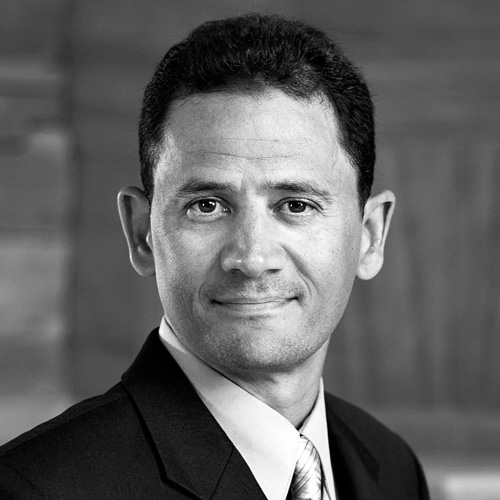Weatherford International is one of the world’s largest multinational oilfield services companies. With products and a service portfolio that includes drilling and formation evaluation, well construction and completion, and pipeline construction, the company operates in more than one hundred countries with more than 60,000 employees.
However, after decades of operations that saw more than 200 acquisitions, massive internal investment, and a focus on continued growth, Weatherford stumbled in 2009. It became the subject of investigations into potential violations of the US Foreign Corrupt Practices Act and allegations of dealing with companies sanctioned by the United States government. This was followed by the discovery of accounting irregularities by the US Securities and Exchange Commission. In addition to precipitating a collapse in the company’s stock price, these events also monopolized top executives’ time and attention, resulting in inadequate management of ongoing operations for approximately four years.
That’s when Krishna Shivram joined Weatherford as chief financial officer, later adding executive vice president and president of Western Hemisphere operations to his responsibilities. With more than twenty-five years of international experience in the industry, many colleagues wondered why he was joining a company that had lost its momentum and seemed to suffer from a lack of adequate leadership while struggling to reestablish itself. His answer: “This was a transformational opportunity to work with a diamond in the rough,” Shivram says. “The company still had excellent technology, and service was part of its DNA—both of which are essential to success. And Schlumberger, where I’d been for more than two decades, was so well run that my work there had become frightfully boring.”
Read more of Profile’s Top 50 articles.
Jumping Into Action
Shivram immediately developed a strategic plan that focused on cost reductions and improving efficiencies, which included selling non-core businesses to pay down a heavy debt load. Investors and markets responded positively and the stock price nearly doubled in five months.
To put his plan into action, Shivram instituted three key initiatives. The first is cost controls: monitoring support-ratios revenue and non-revenue generating employees, and coordinating analysis of annual revenue per employee.
Another initiative is cash generation, through focusing on fundamentals such as purchase order volume and value, and a virtual store system to share and drive down inventory relative to sales. Third, implementing a comparative performance matrix that scores key performance indicators such as year-over-year growth in revenue and operating income against the top oil services firms to calculate incentive bonuses.
“Some of these measures might seem obvious,” Shivram says. “But Weatherford had a long history of focusing exclusively on investing and growth and then was distracted by having to resolve regulatory and accounting issues. Now we’re a maturing company that’s shifting to an external focus and fundamentally changing our culture.”
Restructure and Talent Development
Two other longer-term plans are to simplify Weatherford’s structure, or “de-layering” as Shivram calls it, and to strengthen its management and leadership.
He started by instituting the five-handshakes-to-the-CEO rule. “There should be no more than five links between any position at any level and top leadership,” Shivram says. “We’re still working to get there, but it’s a simple, powerful concept that’s easy to understand.”
Developing talent and leadership may be more delicate challenges. First, the oil and gas industry is typically not viewed as an employer of choice by many younger job seekers. Negative perceptions related to environmental issues and competition from “sexier” high-tech firms have contributed to making it difficult to attract top-tier young talent.
Second, Weatherford’s international scale requires individuals with specific skills and perspectives. To be effective, they must have comprehensive knowledge of local business customs and societal hierarchies and understand that basic business logic and pursuit of profits may be less important to successful deals than factors like national pride and cultural history.
To help address both of these areas, Shivram instituted initiatives like flexible bonus structures that adapt to cyclical industry-wide downturns. He is also focusing on ongoing education and proven methods for identifying talent. Because the company manages so many different projects in locations around the world, it has tremendous flexibility to provide assignments that match individuals’ innate strengths, but that also offer opportunities to develop cultural sensitivities or focus on other areas that need improvement. In the long run, this approach is mutually beneficial to the company and to individuals as they develop their skill sets.
After three years, Shivram is still excited about the Weatherford’s accomplishments and potential. “Getting to create a team and turn around a company isn’t a chance that you get very often,” he says. “It’s been a fantastic experience so far. I haven’t regretted my decision to take on these challenges and responsibilities for even a single day.”


